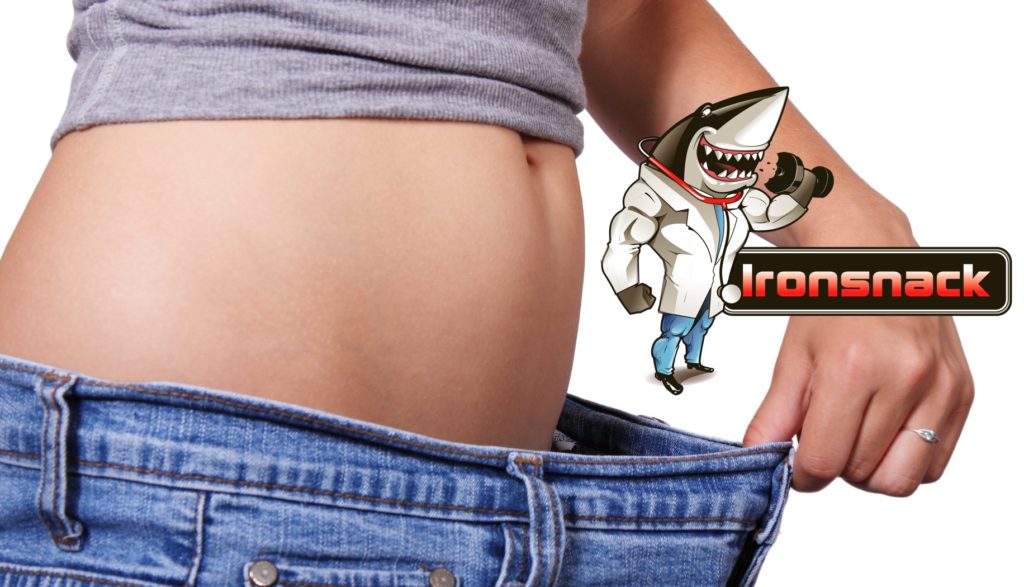
What is the best diet for weight loss? I get this question all of the time. Diets are hard to stick to and normally a change in the way you look at and interact with food along with some calculations and planning are the keys to long term success. I have always felt that nutrition is the hardest part of being healthy and for me personally far more difficult than making it to the gym everyday.
The Science:
We pulled some research studies comparing some of the most popular mainstream diets. One study published in the New England Journal of Medicine which is one of the most prestigious scientific journals compared three different diets. 1) low fat diet, restricted calorie 2) Mediterranean, restricted calorie, or low-carbohydrate, non-restricted calorie. The test groups did great with over 95% adhering to their diet at one year and still nearly 85% at two years.
The average weight loss was 2.9kg (6.38lbs) for the low fat group. 4.4kg (9.68lbs) for the mediterranean diet group and 4.7kg (10.34lbs) for the low carbohydrate group. Looking at the other positive outcomes of the study those on the low carbohydrate diet decreased their ratio of total cholesterol to good cholesterol (HDL) even more so than the low fat group which is great. Low carbohydrate diets are also associated with decrease risk of type 2 diabetes, coronary heart disease, and some cancers. Those in the study with diabetes had the best results with lowering there blood glucose (sugar) levels and decreasing insulin resistance while on the Mediterranean diet. Overall each of these diets left the study participants with great results so your personal preference may the best to guide you to which diet that you are most likely to stick with.
The low carb diet:
With that said side effects are more common with very low carbohydrate diets and can be particularly difficult to stick with especially if you intake fewer than 50 grams of carbohydrates per day. When you intake very low levels of carbohydrates your body goes into a state of ketosis (a change in the way your body uses energy stores) and you do lose weight however, much of the weight loss is from the breakdown of glycogen (the molecule your muscle stores energy as) and water. Constipation, headaches, bad breath, muscle craps, diarrhea, and weakness are all relatively common when on a very low carbohydrate diet. I personally wouldn’t recommend this for a long term weight loss diet.
The Mediterranean diet:
The Mediterranean diet consists of high monounsaturated fats and less saturated fats, moderate red wine consumption, vegetables, fruits, legumes, and gains. This diet also has a relatively low intake of meat and meat products. The Mediterranean diet is associated with decreased cardiovascular risk and risk of developing type 2 diabetes.
Calculating your bodies energy expenditure:
Ultimately the best diet is based on your bodies energy expenditure and your food preference. To calculate your energy expenditure multiply 22 by your weight in kg (to get your weight in kilograms divide your bodyweight in pounds by 2.2). That will estimate your energy expenditure +/-20%. Ideally the calories you intake through food will be just below your bodies resting energy expenditure causing you to lose weight. Another option some people use is counting macronutrients (carbs, fats, proteins). Some healthcare professionals do not recommend counting macronutrients composition but it is commonplace especially in bodybuilding and the fitness community.
Setting up your diet and calculating your caloric goal:
An ideal initial weight loss goal can be set at 5-7 percent of body fat so aim to meet that goal and go from there. A good place to start is by creating a diet 500 calories below your energy expenditure (which you calculated above). You may think going even more than 500 calories below your daily energy expenditure but don’t it’s a recipe for failure. Weigh yourself once a week, and you should lose around 0.5kg (1.1lbs) weekly. Your body will adapt and your metabolism will change over 3-6 months where further adjustments may need to be made. This information will get your well on your way with your weight loss journey. Feel free to ask questions were are always here to answer them with science backed evidence! Interested in a custom meal plan and fitness routine to help you meet your goals? Check out our online shop!
Getting started on your weight loss journey sources:
Weight Loss with a Low-Carbohydrate, Mediterranean, or Low-Fat Diet
http://www.nejm.org/doi/full/10.1056/NEJMoa0708681
Primary prevention of cardiovascular disease with a Mediterranean diet.
http://www.nejm.org/doi/full/10.1056/NEJMoa1200303#t=article
Reduction in the incidence of type 2 diabetes with the Mediterranean diet: results of the PREDIMED-Reus nutrition intervention randomized trial.
https://www.ncbi.nlm.nih.gov/pubmed/20929998
A low-carbohydrate as compared with a low-fat diet in severe obesity.
http://www.nejm.org/doi/full/10.1056/NEJMoa022637#t=article
Quantification of the effect of energy imbalance on bodyweight.
http://www.thelancet.com/journals/lancet/article/PIIS0140-6736(11)60812-X/abstract
